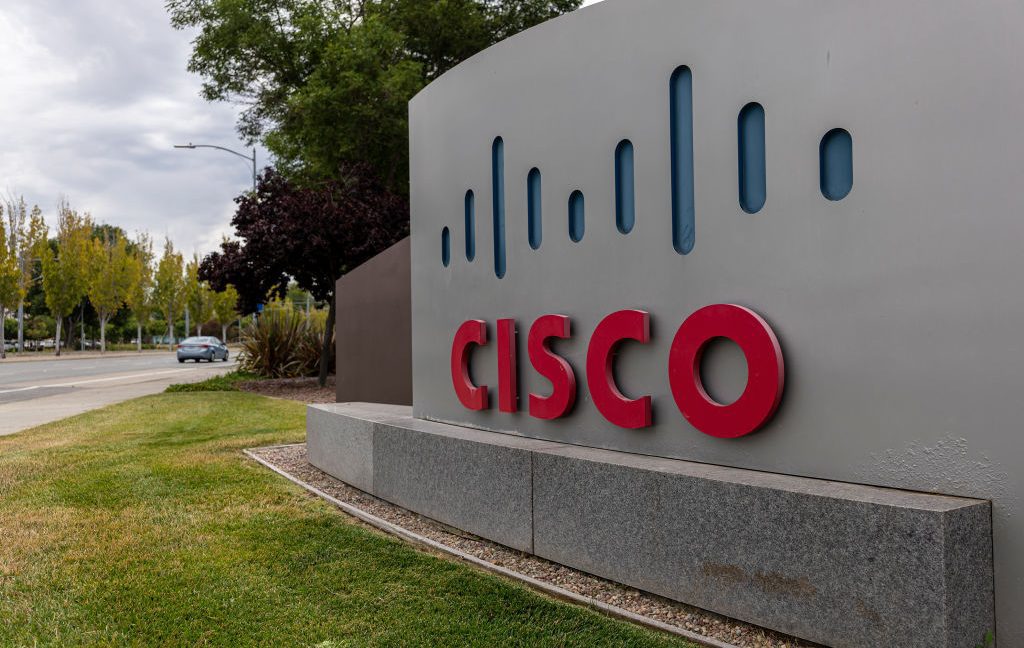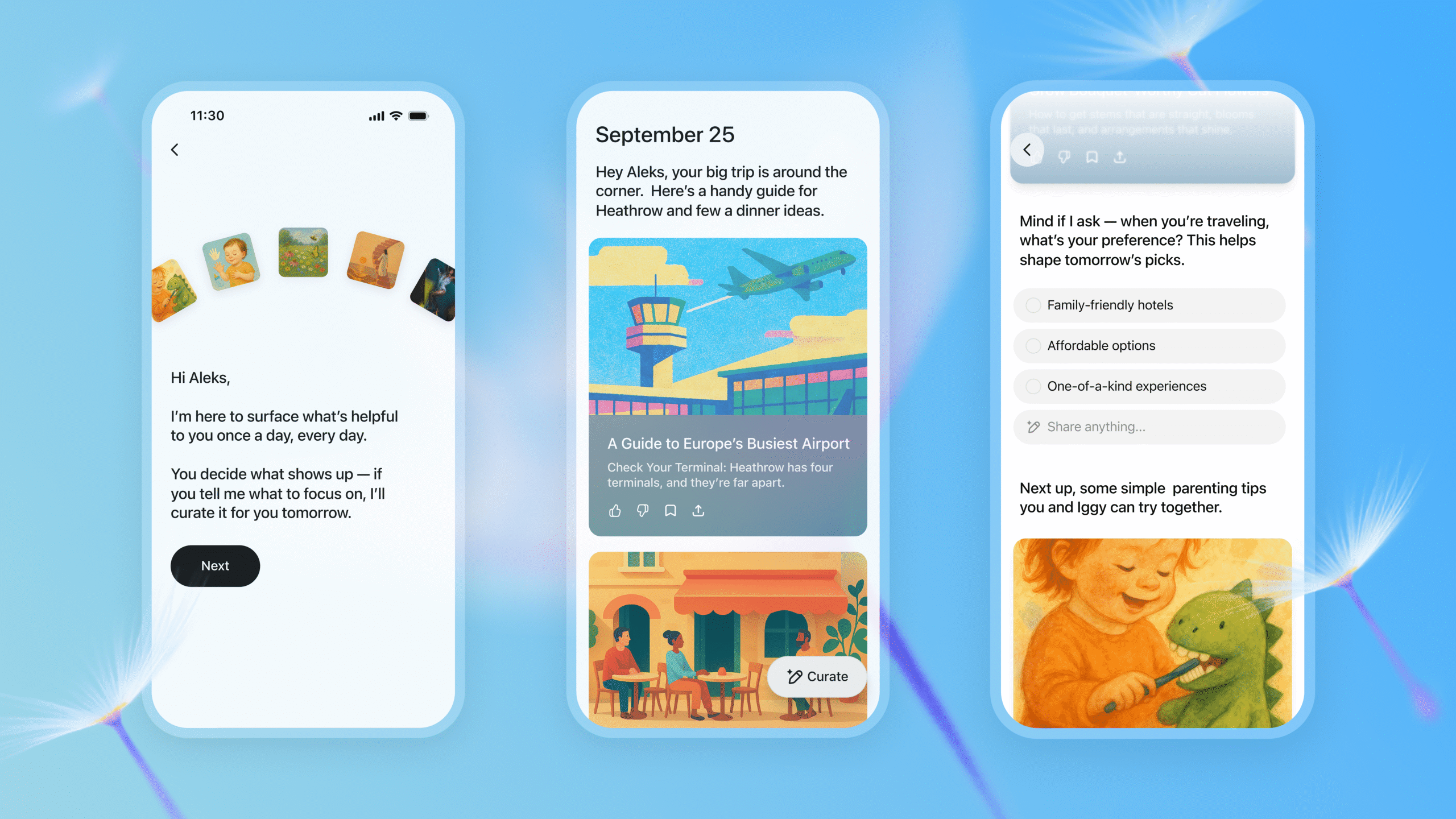
what happens when an ai-generated artist gets Hallwood Media’s recent signing of an AI-generated artist raises significant questions about copyright and the future of music production.
what happens when an ai-generated artist gets
The Deal with Hallwood Media
In a groundbreaking move, Hallwood Media, a record company known for its innovative approach to music, signed a deal with Telisha “Nikki” Jones, a lyricist from Mississippi. According to a report from Billboard, the negotiations reportedly included an offer of $3 million. Jones is the creative force behind the R&B artist known as “Xania Monet.” Despite being an AI-generated entity, Xania Monet has achieved notable success, with her most popular song on Spotify amassing over 1 million listens. Additionally, her social media presence is impressive, as her Reels regularly garner over 100,000 views on Instagram.
The Rise of AI-Generated Music
The emergence of AI-generated music has transformed the landscape of the music industry. Artists and producers are increasingly utilizing artificial intelligence to create compositions, generate lyrics, and even produce entire albums. This trend raises essential questions about creativity, ownership, and the very definition of artistry. The case of Xania Monet exemplifies this shift, as her music, vocals, and likeness are entirely generated by AI technology.
Understanding the Artist: Xania Monet
Xania Monet is not a traditional artist; she is a product of advanced algorithms and machine learning techniques. While Telisha Jones provides the lyrical content, the music and vocal performances are generated by AI systems. This duality presents a unique challenge in terms of copyright law. Can an entity that is not human be considered an artist? And if so, who holds the rights to the music produced?
The Copyright Conundrum
Multiple copyright experts have weighed in on the complexities surrounding AI-generated works. The prevailing view is that copyright law is not yet settled in this area. Generally, copyright protection is granted to works that involve human creativity. However, when it comes to AI-generated content, the situation becomes murky. According to legal experts, one cannot copyright AI-generated works by themselves without human intervention. This raises the question of whether the contributions of a human creator, like Jones, are sufficient to secure copyright protection for the music produced by Xania Monet.
Legal Precedents and Implications
The legal landscape surrounding AI-generated content is still evolving. In the United States, copyright law traditionally requires a human author to claim ownership of a work. This principle is rooted in the belief that creativity is inherently a human trait. However, as AI technology continues to advance, the definition of authorship may need to be reconsidered. The U.S. Copyright Office has yet to establish clear guidelines for AI-generated works, leading to uncertainty for artists, producers, and record labels alike.
In 2019, the U.S. Copyright Office explicitly stated that works created by AI without human intervention are not eligible for copyright protection. This ruling has significant implications for artists like Xania Monet, as it raises questions about the ownership of the music she produces. If the AI technology generates the music independently, can it be copyrighted? And if not, what rights does the human creator possess?
Stakeholder Reactions
The reactions from various stakeholders in the music industry have been mixed. Some view the rise of AI-generated music as an exciting opportunity for innovation and creativity. Proponents argue that AI can enhance the creative process, allowing artists to explore new sounds and styles that may not have been possible otherwise. They believe that AI can serve as a valuable tool for musicians, enabling them to push the boundaries of their artistry.
On the other hand, critics express concerns about the implications of AI-generated music on traditional artists and the industry as a whole. They argue that the proliferation of AI-generated content could dilute the value of human creativity and artistry. Some fear that record labels may prioritize AI-generated music over human artists, leading to a potential loss of jobs and opportunities for traditional musicians.
The Future of AI in Music
As the music industry grapples with these challenges, the future of AI-generated music remains uncertain. Record labels, artists, and legal experts are all navigating uncharted territory as they seek to understand the implications of this technology. The case of Xania Monet serves as a pivotal example of the potential and pitfalls of AI in music.
Potential Solutions and Path Forward
To address the copyright challenges posed by AI-generated music, several potential solutions have been proposed. One approach is to establish a new category of copyright that recognizes the unique nature of AI-generated works. This could involve creating a framework that allows for the registration of AI-generated content while still acknowledging the contributions of human creators.
Another potential solution is to implement licensing agreements that clearly outline the rights and responsibilities of all parties involved in the creation of AI-generated music. This could help ensure that human creators receive appropriate recognition and compensation for their contributions, even if the final product is generated by AI.
Industry Collaboration
Collaboration among stakeholders in the music industry will be crucial in shaping the future of AI-generated music. Record labels, artists, legal experts, and technology developers must work together to establish guidelines and best practices that address the complexities of copyright and ownership. By fostering open dialogue and collaboration, the industry can navigate the challenges posed by AI technology while still promoting creativity and innovation.
Conclusion
The signing of Telisha “Nikki” Jones and her AI-generated artist Xania Monet by Hallwood Media marks a significant moment in the evolution of the music industry. As AI technology continues to advance, the implications for copyright and ownership will become increasingly complex. The legal and ethical questions surrounding AI-generated music are still being explored, and the industry must adapt to these changes to ensure that both human and AI creators can thrive. The future of music may very well depend on how effectively stakeholders can navigate this new landscape.
Source: Original report
Was this helpful?
Last Modified: September 25, 2025 at 10:38 pm
1 views















